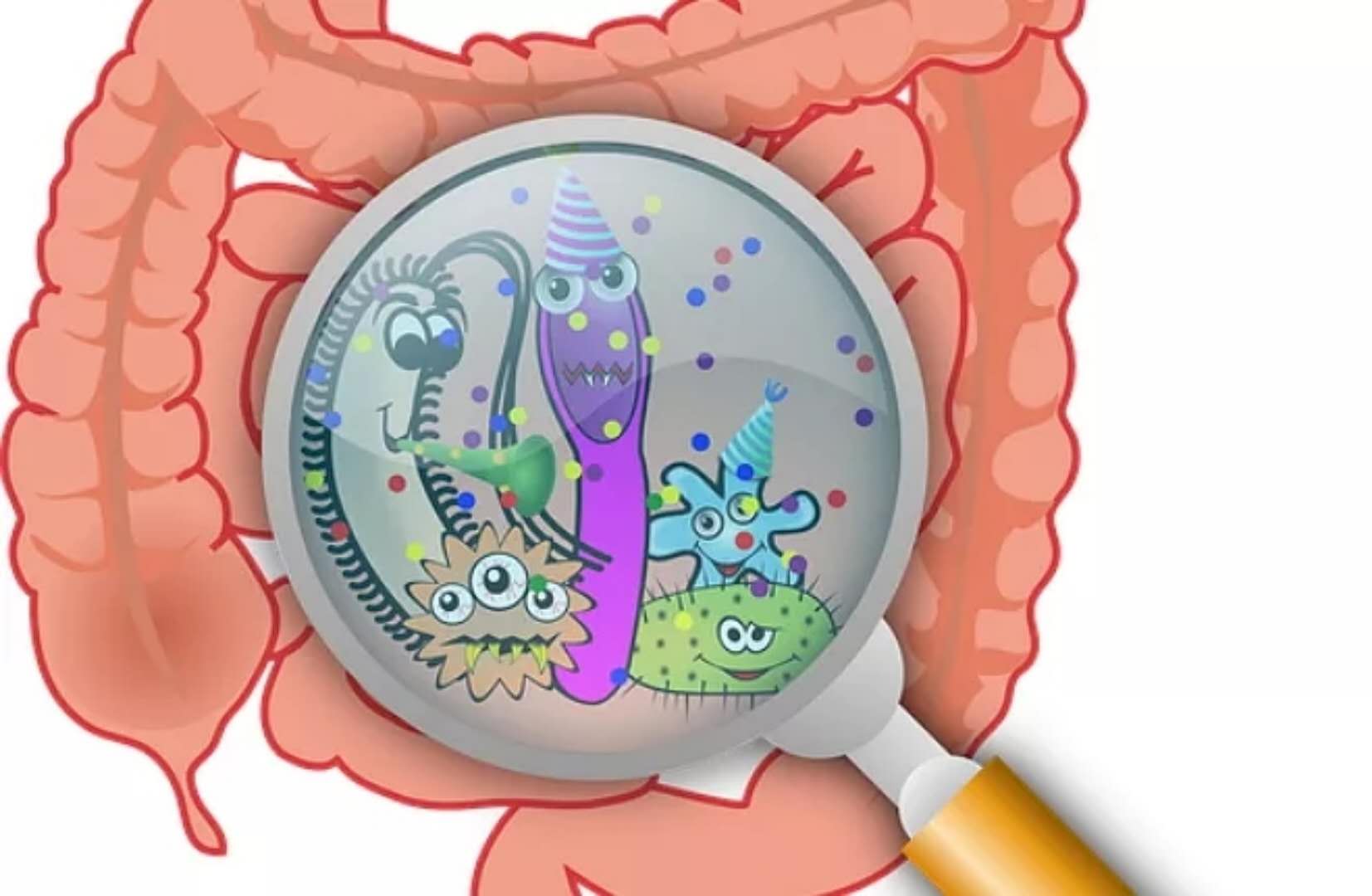Science reveals the "wisdom" of intestinal bacteria, and uses the immune system to "settle and work"
May 08, 2018 Source: Biological Exploration
Window._bd_share_config={ "common":{ "bdSnsKey":{ },"bdText":"","bdMini":"2","bdMiniList":false,"bdPic":"","bdStyle":" 0","bdSize":"16"},"share":{ }};with(document)0[(getElementsByTagName('head')[0]||body).appendChild(createElement('script')) .src='http://bdimg.share.baidu.com/static/api/js/share.js?v=89860593.js?cdnversion='+~(-new Date()/36e5)];In recent years, intestinal microbes have attracted attention because of their close relationship with human health. There are many surprises and surprises about the symbiosis of intestinal bacteria and humans. Now, scientists have discovered that an immune protein responsible for resistance to pathogens is the key to the ability of some clearly harmless bacteria to “settle†in the intestines.

Image source: Pixabay
The gut of mammals is warm, moist and nutritious, making it the best environment for bacteria to grow. They are concentrated here and play important functions, including food digestion, nutrient absorption, and immune defense. Scientists have been trying to figure out the mechanism by which gut microbes maintain a harmonious relationship with the host.
On May 3, the journal Science published the latest article entitled "Gut microbiota making immunoglobulin A for mucosal colonization", revealing that immunoglobulin (IgA) is the key to helping intestinal bacteria "settle" in the intestine.
Sarkis Mazmanian, a microbiologist from the California Institute of Technology, and the team found that bacteria induce IgA protein to cover their surface, ensuring that they enter the intestinal mucus and become a stable component of the intestinal flora.

DOI: 10.1126/science.aaq0926
1 , immunoglobulin A
IgA was first discovered 50 years ago and is one of the most secreted antibodies in the body, responsible for preventing pathogen invasion. Humans produce 3-5 g of IgA antibody per day, which accounts for about 75% of the total expression of the body's antibodies. Sidonia Fagarasan, an immunologist at the RIKEN Yokohama Institute in Japan, first revealed in 2002 that IgA protein would help some bacteria survive, not eliminate them. He believes that the "dialogue" between bacteria and the immune system may affect a variety of physiological processes.
We all know that breast milk is rich in IgA protein. Considering that there are still abnormal microorganisms in mice with low IgA levels, Fagarasan speculates that IgA is responsible for maintaining bacterial balance in the body.

An electron microscopy image of a section of the mouse gut,
Showing B. fragilis aggregating close to the epithelial cells that make up the lining of the gut.
Credit: Mazmanian laboratory
2 , the latest research
The Sarkis Mazmanian team has been trying to understand the long-standing mechanism of the intestinal bacteria Bacteroides fragilis (B. fragilis, associated with the relief of colitis, multiple sclerosis and even autism) in a changing intestinal environment.
Through a series of studies, the Sarkis Mazmanian team found that immunoglobulin A is the key. They found that the surface of the bacteria expressed sugar molecules that bind to large amounts of IgA. Usually, IgA will wrap the pathogens and destroy them. But now, the coverage of IgA can cause bacteria to accumulate in the intestinal wall, enter the mucus layer, and eventually "settle and work in the intestines." In the absence of immunoglobulin A, microorganisms will not be able to colonize the intestines for a long time.
To further confirm the function of IgA, the team used genetic engineering to engineer mice that were unable to express IgA (cultured in a sterile environment). When B. fragilis bacteria were added to mice, B. fragilis was detected in the intestines of mice that normally expressed IgA, whereas B. fragilis did not exist in the intestines of mutant mice that did not express IgA.
In addition to B. fragilis, the researchers found that some bacteria are also affected by IgA protein. "These results show the details of the co-evolution of humans and microbes," Mazmanian explains. "In addition to resisting the invasion of pathogens, immunoglobulin A may also be responsible for the symbiosis of the gut flora."
Reference materials:
1)By wrapping itself in antibodies, this bacterium may become a stable, beneficial part of the gut
2) A gut bacterium's guide to building a microbiome
Pigments are used for coloring paint, ink, plastic, fabric, cosmetics, food, and other materials. Most pigments used in manufacturing and the visual arts are dry colorants, usually ground into a fine powder. This powder is added to a binder (or vehicle), a relatively neutral or colorless material that suspends the pigment and gives the paint its adhesion.

Just because of the pigments, our world become colorful!
Paint Pigments,Plastic Pigments,Cosmetic Pigments,Dry Pigments,Dry Powder Pigments
Shandong Tiancheng Chemical Co., Ltd. , https://www.tianchengchemical.com